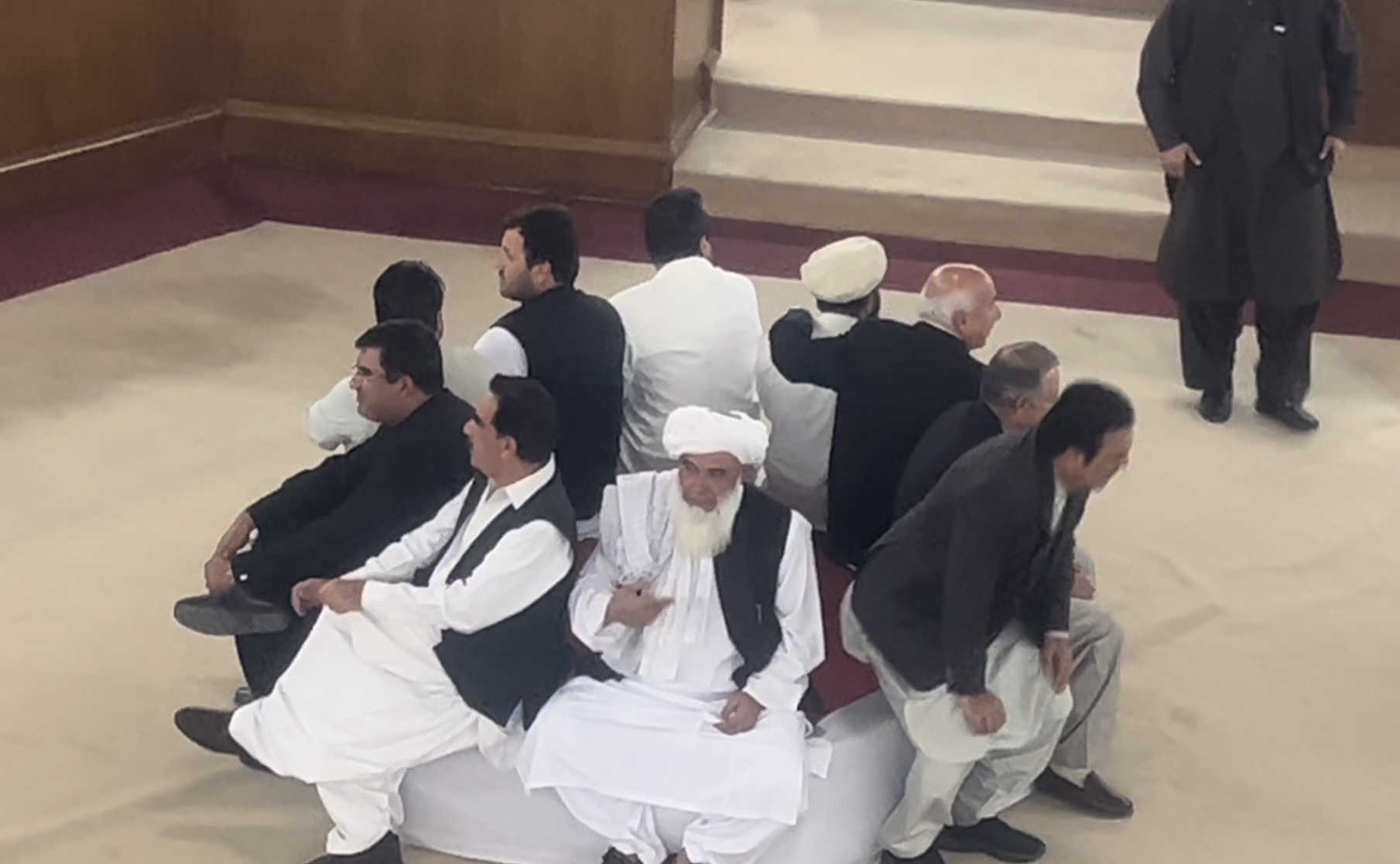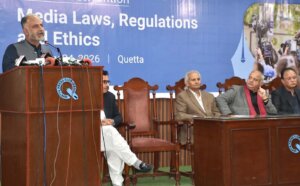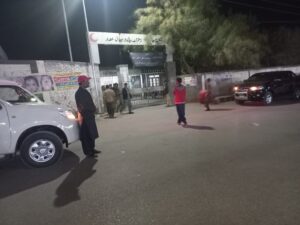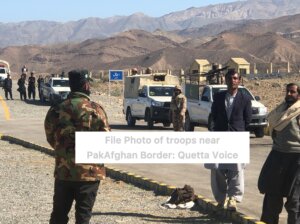Syed Ali Shah:
The Balochistan Assembly witnessed heated discussions on Saturday over a resolution tabled by opposition members regarding the alleged merger of the Levies Force into the police. Opposition leader Mir Younus Azizi Zehri accused the provincial government of secretly planning the integration, describing it as a “pre-planned conspiracy.”
In response to the allegations, Assembly Speaker Capt (Retd) Abdul Khalique Achakzai adjourned the session for 10 minutes to allow Chief Minister Mir Sarfaraz Bugti to clarify the government’s position. Upon his return, the chief minister assured the house that the Levies Force would not be merged into the police. “Both the Levies and the police are government forces dedicated to serving the people. Reforms will be introduced to enhance the Levies Force, not replace it,” Bugti confirmed.
Senior Jamiat ul Ulema e Islam member Asghar Tareen voiced strong support for the Levies Force, highlighting its crucial role in maintaining security in rural Balochistan. “The Levies have been the backbone of rural security for decades, understanding the local dynamics and playing a key role in law and order,” he said.
Asad Baloch, Chief of BNP Awami, echoed similar sentiments, emphasizing the Levies Force’s importance in preserving Balochistan’s tribal traditions and unique security needs. He warned of resistance to any attempts to weaken the force.
In a bid to address the concerns, the chief minister proposed forming a committee, led by the opposition leader, to oversee reforms and improvements in the Levies Force. However, the opposition rejected this offer, insisting that the issue be fully debated in the assembly, citing concerns about the Levies Force’s tribal identity and structure being targeted.
Tensions heightened when the chief minister objected to the term “tribal force,” insisting that reforms would only strengthen the Levies without affecting its core identity. The session was adjourned indefinitely without a resolution.
The debate surrounding the Levies Force, a critical part of Balochistan’s security infrastructure, remains unresolved, with many lawmakers advocating for its preservation and modernization.






